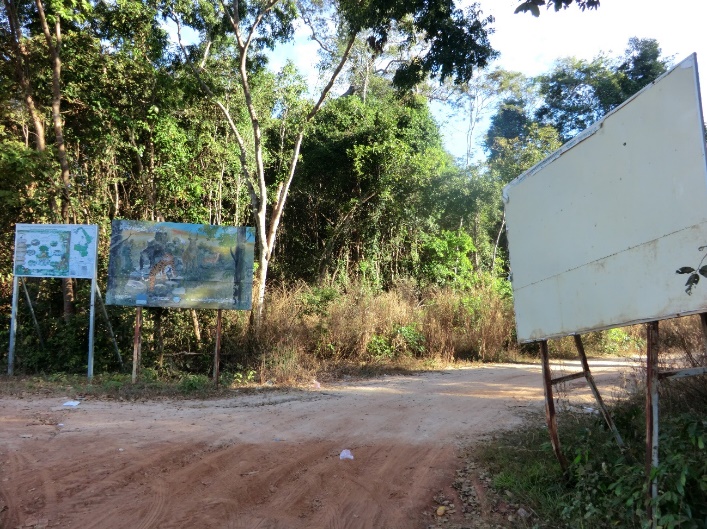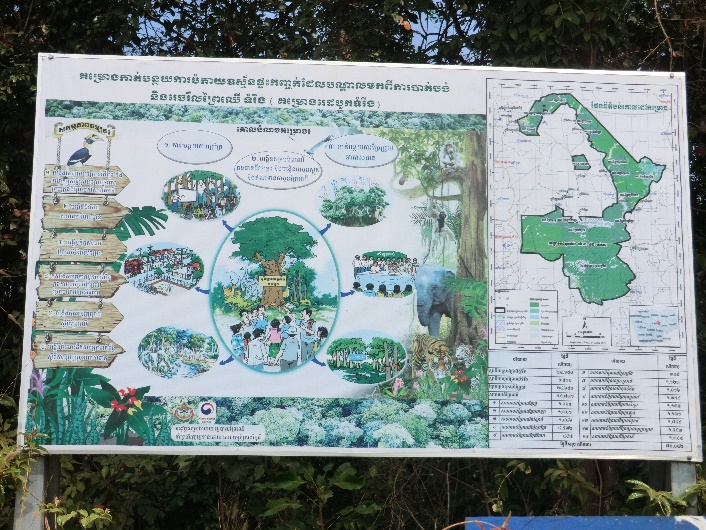- Project Leader : Kurashima Takayuki (Kyoto University, Graduate School of Asian and African Area Studies)
- Collaborators : Kanzaki Mamoru (Kyoto University, Faculty of Agriculture)
- : Sano Makoto (Forestry and Forest Products Research Institute, Forest Management Department)
- : Chann Sophal (Forest-Wildlife Research and Development Institute, CAMBODIA)
- : Kobasyashi Satoru (Kyoto University, Center for Southeast Asian Studies)
- : Matsuura Toshiya (Forestry and Forest Products Research Institute, Forest Management Department)
Outline of Research
Efforts by developing countries and international society to stop tropical deforestation have borne little fruit, despite the assistance of international organizations. We postulate that this failure stems from a misalignment of interests among stakeholders in three domains: international society, developing country governments, and rural communities in developing countries. We will investigate measures to align the interests of such stakeholders and set out principles for introducing improved measures. Using Cambodia as an example, this study examines both the adverse impacts of a failed international effort and the structural mechanism that led to the failure. Then, it outlines paths to align the interests of multiple stakeholders regarding tropical forest management.
Description
This study focuses on the controversial social and environmental safeguard policies (hereinafter referred to as “safeguards”) used by the World Bank and other international assistance organizations.
The study identifies the adverse impacts that these safeguards have had, indirectly, on tropical forest conservation, as well as the mechanism of this adverse impact. Using multiple academic approaches, it will propose measures to mitigate adverse impacts.
The study examines the impact of activities and operations of international actors as a new explanatory variable in the analysis of factors related to the destruction of tropical forests. Based on an analysis of stakeholder interests, we will identify deterrent measures to halt problematic behaviors.
This study will use a characteristic output style that we refer to as the “one set type.” As a set, the output shows the means, impacts, and countermeasures of deforestation, with the policy-planning divisions of international organizations as the main target. We expect our results to motivate the staff of international organizations to change their strategies and behavior, ultimately improving the conservation of tropical forests.


